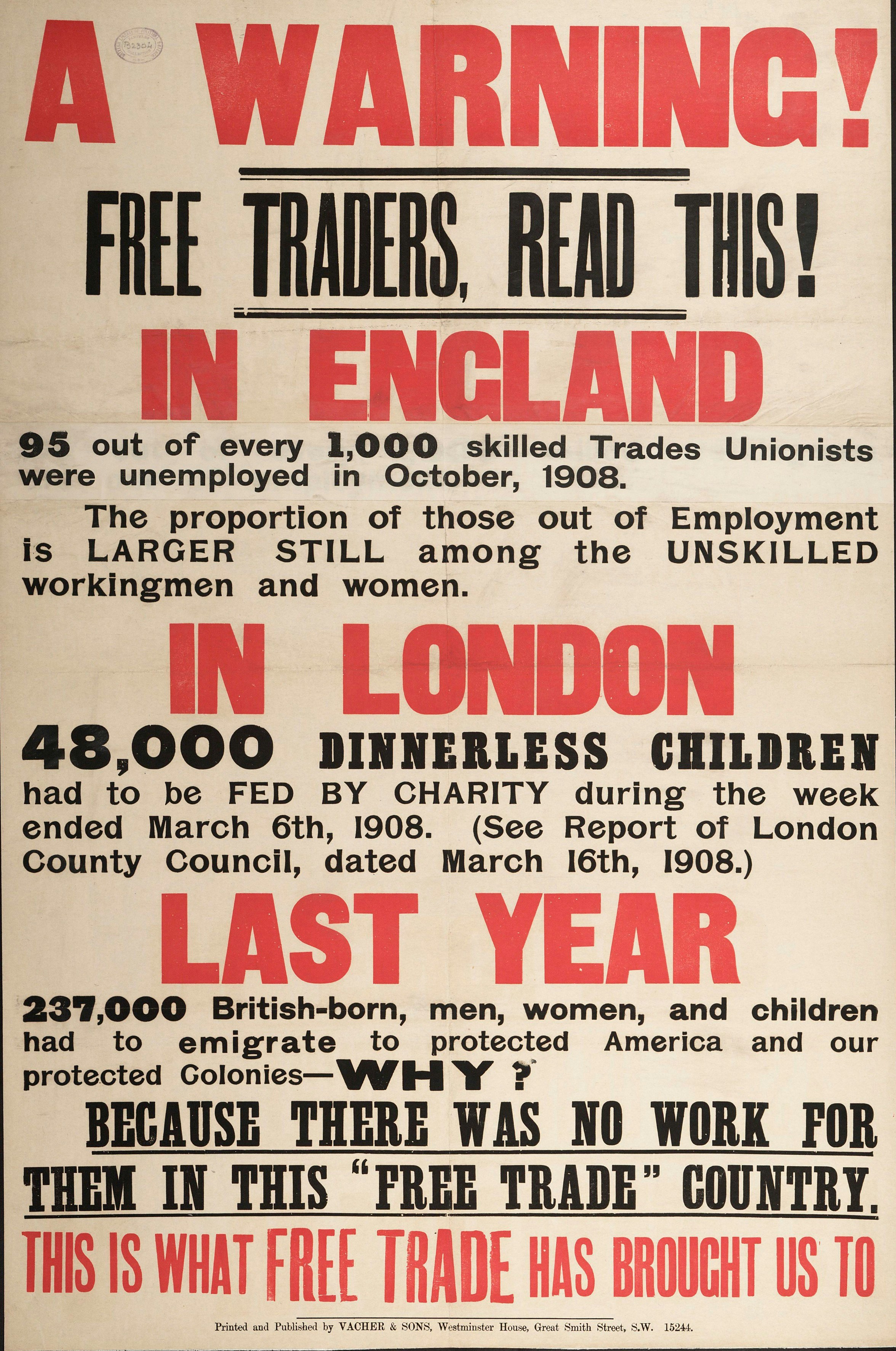
Daniel Kahneman, who by no means took an economics course however who pioneered a psychologically based mostly department of that area that led to a Nobel in financial science in 2002, died on Wednesday. He was 90.
His dying was confirmed by his associate, Barbara Tversky. She declined to say the place he died.
Professor Kahneman, who was lengthy related to Princeton College and lived in Manhattan, employed his coaching as a psychologist to advance what got here to be referred to as behavioral economics. The work, accomplished largely within the 1970s, led to a rethinking of points as far-flung as medical malpractice, worldwide political negotiations and the analysis of baseball expertise, all of which he analyzed, principally in collaboration with Amos Tversky, a Stanford cognitive psychologist who did groundbreaking work on human judgment and decision-making. (Ms. Tversky, additionally a professor of psychology at Stanford, had been married to Professor Tversky, who died in 1996. She and Professor Kahneman grew to become companions a number of years in the past.)
Versus conventional economics, which assumes that human beings typically act in totally rational methods and that any exceptions are likely to disappear because the stakes are raised, the behavioral college is predicated on exposing hard-wired psychological biases that may warp judgment, usually with counterintuitive outcomes.
“His central message couldn’t be extra necessary,” the Harvard psychologist and creator Steven Pinker told The Guardian in 2014, “particularly, that human purpose left to its personal gadgets is apt to have interaction in a variety of fallacies and systematic errors, so if we wish to make higher choices in our private lives and as a society, we ought to pay attention to these biases and search workarounds. That’s a robust and necessary discovery.”
Professor Kahneman delighted in stating and explaining what he referred to as common mind “kinks.” An important of those, the behaviorists maintain, is loss-aversion: Why, for instance, does the lack of $100 harm about twice as a lot because the gaining of $100 brings pleasure?
We’re having hassle retrieving the article content material.
Please allow JavaScript in your browser settings.
Thanks to your endurance whereas we confirm entry. In case you are in Reader mode please exit and log into your Instances account, or subscribe for all of The Instances.
Thanks to your endurance whereas we confirm entry.
Already a subscriber? Log in.
Need all of The Instances? Subscribe.






